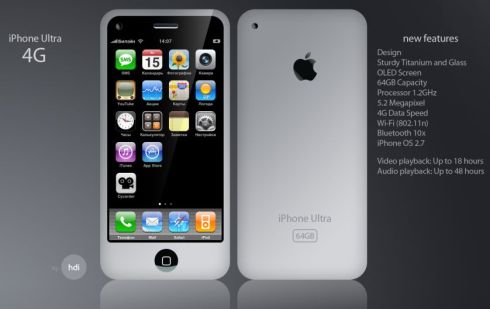As Bruce mentioned in his blog in_electronics_japan_still_matters.html, things are not going well for Japan. The Japanese electronics companies are facing fierce competition from other companies such as Apple, HTC, and Samsung. The chipmakers in Japan are also suffering from their competitors from Taiwan and Korea. However, Japan still holds an influential power in the electronic industry.
As Japan produces a huge percent of the electronic products in the world such as semiconductors, BT resin, and all kinds of electronic components; it has a relatively large supplier power. The catastrophes such as earthquakes and tsunamis that took place not long ago can have a big impact in the electronic world. As productions are shutting down one by one; electronic giants such as Nokia and Apple, who are the major customers of Japan’s electronic components, can then be greatly affected.
In this blog post, we see the dependence of huge companies, such as Nokia and Apple, to the Japanese producers. The Japanese producers hold a certain degree of supplier power as it is hard for Nokia and Apple to switch suppliers. This also displays the focus of most Japanese companies, quality. As Japanese producers are able to produce products as such high quality; it is hard for the consumers (which in this case, Nokia and Apple) to look for a close substitute.



